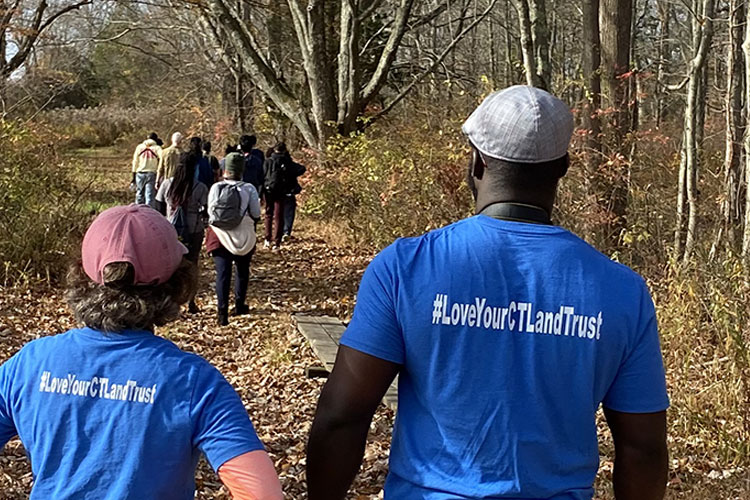News
The website and resource, Native Land provides an interactive map of North America and many other regions across the world, illustrating the traditional territories of Indigenous tribes. On October 12th, Indigenous Peoples Day was recognized throughout the United States. Throughout the day, getting onto Native Land’s website was hit or miss. The server simply couldn’t keep up with demand and crashed numerous times due to the unprecedented number of users. All of whom held an interest to learn more about whose land they stand on. Despite the turmoil, distress, and uncertainty that 2020 has brought, it’s stories like these that bring me hope.
A collective reckoning for racial injustices is being sought – one that has been underscored by the challenges brought about by the pandemic. I’ve known that land is a vital resource, but over this last year I’ve come to learn and understand more about the history and legacy of land use, particularly in Black and Indigenous communities. As land conservationists it’s important for us to understand the different meanings and legacies the land we stand on holds, both good and bad, to fully respect the land and our neighbors.
One way to begin is by developing a practice of land acknowledgement. If you attended the CLCC Land Conservation Virtual Conference this year or if you’ve attended meetings for the Governor’s Council on Climate Change, you may remember hearing a Land Acknowledgement shared at the onset. These acknowledgments not only recognize a part of the legacy held by the land, they can also demonstrate a commitment to working with Indigenous tribes and thanking Native communities for the care and stewardship of this resource we all enjoy.
As we move into the Thanksgiving season (a season that is wrought with mixed feelings and misconceptions) now is a great opportunity to begin. Consider bringing this practice to your next board meeting, outreach event or even during a socially distanced and/or virtual gathering with friends and family.
The Land Acknowledgement is an incredible statement but most importantly, it is just the beginning of all that can be done to honor the legacies of our lands and work alongside Native communities.
Program Coordinator
![types] types]](https://ctconservation.org/wp-content/uploads/Rebecca-Dahl.jpg)
Tags: DEIJ, Land & Equity

